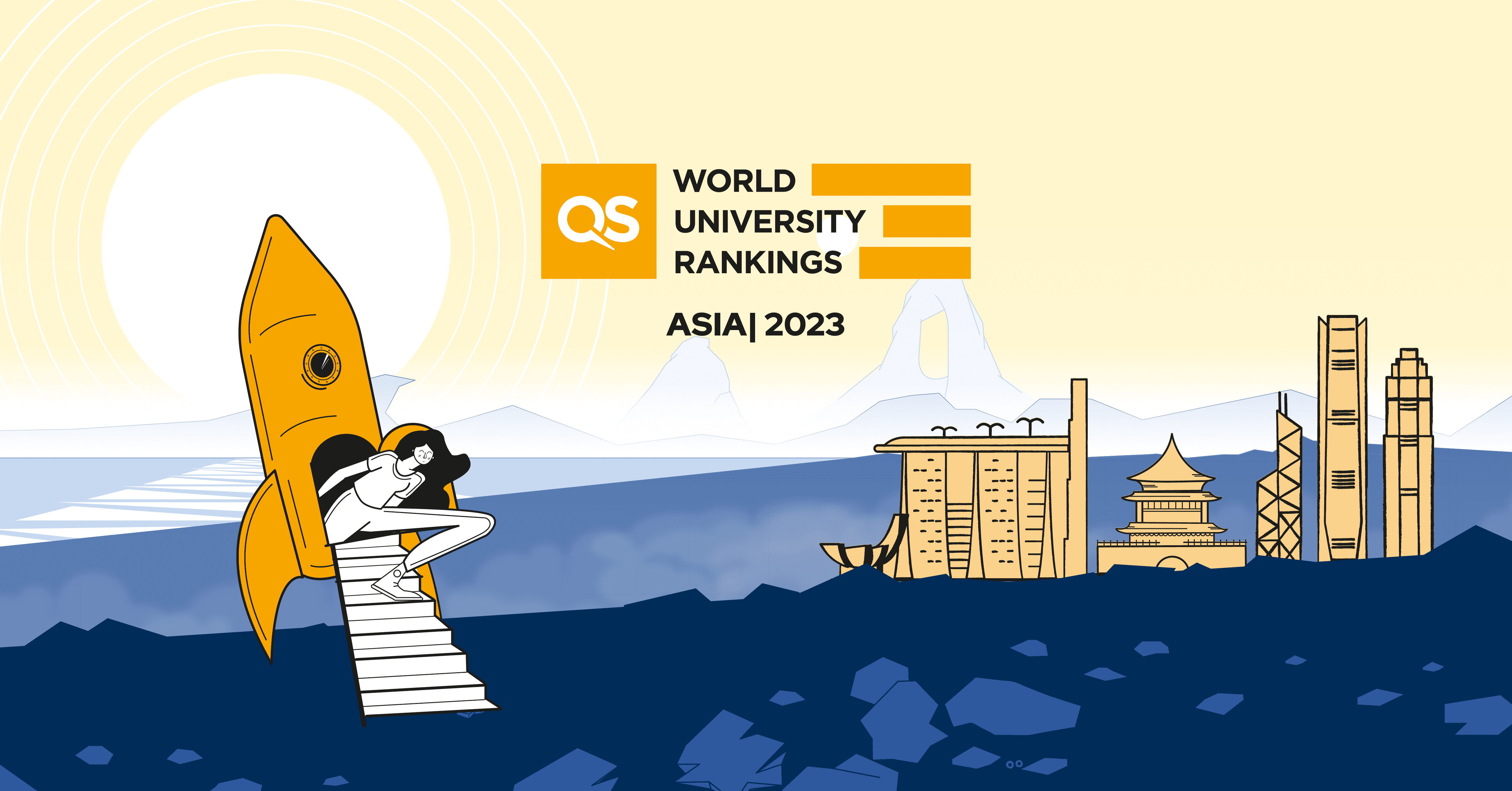The Consequences of Meritocracy Erosion in Sindh's MDCAT: A Call for Reform

The Consequences of Meritocracy Erosion in Sindh's MDCAT: A Call for Reform
In many parts of the world, announcements of academic opportunities and examinations spark excitement and optimism among prospective candidates. However, in our region, these announcements often lead to despair and frustration. This is particularly true for entrance tests like the Medical and Dental College Admission Test (MDCAT) in Sindh, where meritocracy is often overshadowed by nepotism and corruption. The fate of most entrance tests or employment opportunities here is rarely determined by merit or academic ability but rather by the strength of connections or the ability to purchase them.
In recent years, a disturbing trend has emerged in Sindh: the open auctioning of exam papers on social media platforms such as WhatsApp, long before the exams commence. Last year, the MDCAT paper leak prompted a retake months later, yet the perpetrators evaded accountability. This led to a repetition of malpractice during the retake, causing lasting psychological trauma for meritorious students who faced false hopes of becoming doctors. If the culprits had faced strict punishment, perhaps the integrity of the exams could have been preserved.
As the Pakistan Medical and Dental Council (PMDC) schedules the nationwide MDCAT for late September, delegating its administration to provincial public admitting universities, diligent students in Sindh are anxious about a possible repeat of these issues. While meritorious aspirants are focused on preparation, others are attempting to leverage connections and financial resources to secure leaked papers.
The Root of the Problem
The erosion of meritocracy in Sindh's MDCAT exams can be attributed to multiple factors and parties, including:
- Institutional Oversight: The PMDC and the provincial health department have shown a lack of rigorous oversight, making the process vulnerable to malpractice.
- Testing Authorities and Universities: The absence of stringent checks allows testing authorities and administrators to become susceptible to maladministration, especially concerning the confidentiality of exam papers.
- Healthcare Professionals and Bureaucrats: Well-connected individuals within the healthcare system, including some doctors, bureaucrats, and factions of the Young Doctors Association (YDA), exploit administrative vulnerabilities for personal gain.
- MDCAT Coaching Institutes: Some coaching centers in Sindh are involved in leaking exam papers to their affiliated students, trading the rights of deserving candidates for significant financial gain.
The beneficiaries of this corrupt system acquire leaked questions and answer keys hours before the test. They offer these to selected students, typically those who are affluent and unmotivated, in exchange for a fee. The selected students are then secluded in private residences and drilled on the correct answers, allowing them to unfairly secure spots on the merit list and displacing deserving candidates.
The Broader Consequences
The consequences of this systemic corruption extend beyond the immediate unfairness experienced by meritorious students. They impact the entire healthcare system and society at large:
- Healthcare System Breakdown: The entry of less qualified individuals into the healthcare system leads to a decline in professionalism and efficiency.
- Inflated Healthcare Costs: A lack of competition based on merit contributes to hyperinflated healthcare services, making it difficult for ordinary citizens to access quality care.
- Public Health Compromise: When positions in the healthcare system are filled based on connections rather than competence, public health is compromised for monetary and material gains.
A Call for Reform
To restore integrity and fairness to the MDCAT process, the PMDC must implement strict regulations and oversight mechanisms. Transparency is crucial to prevent the exam from becoming another exercise in futility like the Sindh Public Service Commission (SPSC), where positions are often pre-sold, and vacancies are filled before exams are conducted.
By ensuring that entrance tests are conducted fairly, the PMDC can help safeguard the dreams and aspirations of deserving students, who are the future of our healthcare system. Only through decisive action can we hope to prevent the continued erosion of meritocracy and restore trust in our educational institutions.
Reference:
Article "MDCAT: A False Hope on the Horizon":
- "Beyond the Horizon: Restoring Faith in MDCAT's Meritocracy"
- "MDCAT in Sindh: Navigating Through the Haze of Corruption"
- "From Despair to Reform: The Urgent Need for Transparency in MDCAT"
- "Unveiling the Reality: Meritocracy vs. Nepotism in MDCAT Exams"
- "A Call for Change: Ensuring Fairness in Sindh's MDCAT Process"



